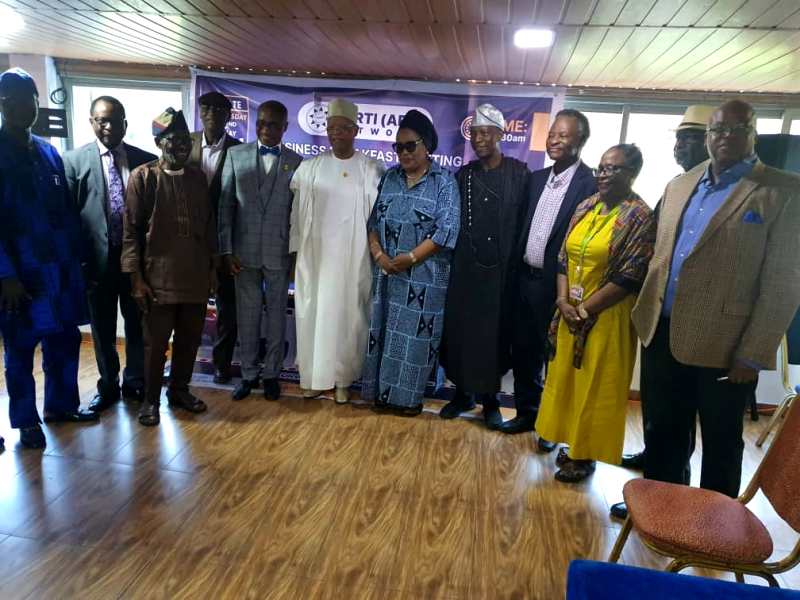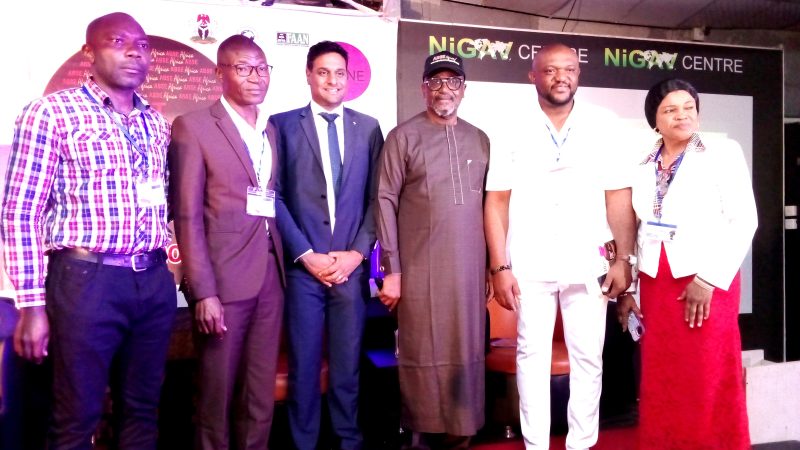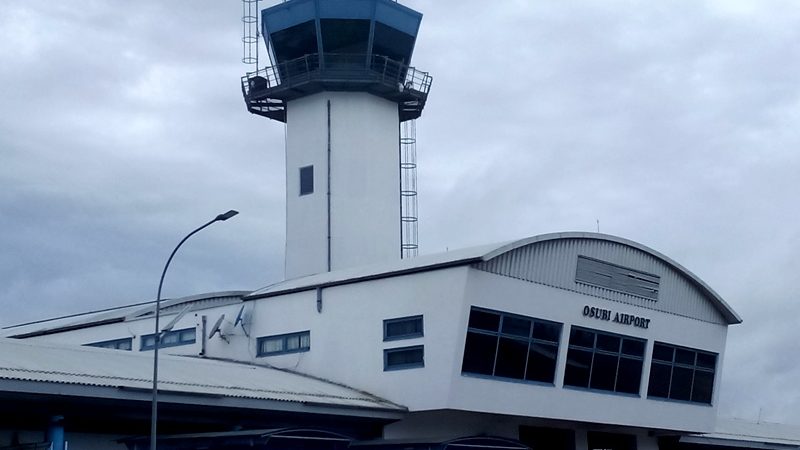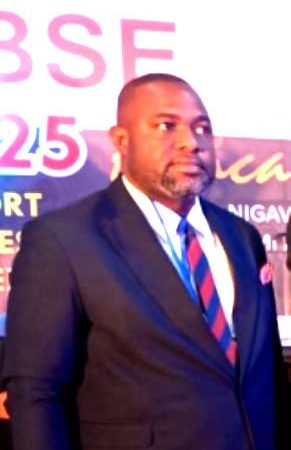Separate NCAA’s Licensing Directorate From Flight Operations, Merging NCAT With AAAU, Stakeholders Say

Stakeholders in Nigeria’s aviation industry have risen from the Quarter1Business Breakfast Meeting (BBM) organized by Nigeria’s foremost aviation NGO, Aviation Safety Round Table Initiative (ASRTI) with an urge for “an immediate review of merger of the Licensing Directorate with Flight Operations at the Nigeria Civil Aviation Authority (NCAA) in the interest of safety and in conformity with global best practices as recommended by the International Civil Aviation Authority ICAO.”
A communiqué issued at the end of the meeting held on Thursday, May 2, 2024 further requests that “the budding African Aviation and Aerospace University should be merged with Nigeria College of Aviation Technology to save cost and improve efficient delivery of quality education and professionals.”
The 13-point communiqué further reads: “There is a need for a robust management plan through scalable skills acquisition, and technical, operational, and soft skills to encourage employees to adapt to new situations and deliver a winning customer experience across Nigeria’s aviation industry.
The BBM resolved that the Aviation Sector deserved a Local Content Development Board as applicable in the other important sectors such as in the oil and gas industry which will address the local content issues in the recruitment of aviation professionals. The meeting therefore called for an interagency/ inter- Ministerial ad-hoc body comprising the Ministry of the Interior, the NCAA and the Ministry of Aviation and Aerospace Development to collaborate and ensure proper monitoring and compliance with Local Content Law on expatriate quotas and the excessive use of foreign personnel to fill manpower gaps in the Aviation Sector.”
“The Meeting recommended that the NCAA and industry stakeholders look to resourcing and recruiting young professionals with the requisite education and training in aviation. This approach as suggested, will address the discouraging experience where individuals have been trained and found no jobs. This consideration applies to every area in the industry, from pilots to engineers to air traffic engineering personnel and flight dispatchers.
Participants at the Meeting also resolved that the mass exodus of aviation professionals out of Nigerian airlines, agencies and others is not a total depletion or loss for Nigeria. Rather, it should be seen as a further expansion of its formidable diasporan net worth.
The BBM also expressed concern on the astronomical cost of ab-initio training across the industry which has gone beyond the capacity of ordinary citizens to fund, unlike what was obtainable in the past when there was a substantial amount of scholarships in the industry. The Meeting therefore called for the establishment of Scholarships Schemes from states and both public and private organizations for funding the training of a significant number of young people as well as provide for the continuous training and upgrade of professionals and in the industry.
The BBM identified need to urgently declare a state of emergency in the training of Airport Fire Personnel as revealed by the current capacity to deal with fire incidents. Also identified was the need to train additional air traffic controllers and Engineers, due to the substantial number of individuals approaching retirement with consequential huge gaps envisaged even in the near term. The Meeting also recognized the need for more circumspection and diligence in the process of hiring of Air Traffic engineering personnel in the interest of safety.
The BBM acknowledged the importance of Flight Dispatchers for safe flight operations and called for a more specific flight operations as defined under the regulations.
The Meeting also urged the Ministry of Aviation to accord highest priority to the expansion of the capacity of the NCAT to deliver many more diversified professionals and extend further, its mandate to assist in the job placements of its graduates.
The Meeting urged the NCAA to expedite the certification process of the NCAT B737NG simulator and its fire simulator to provide the much-required domestication of training for crews in Nigeria and as an income earner from candidates around the world.
The BBM also called for closer collaboration between the NCAA and the Nigeria Safety Investigation Bureau (NSIB) for the enhancement of safety in the industry.
The Meeting further called for the industry stakeholders to reach out to retired professionals to consult for the NCAA, NAMA and all other agencies in their statutory processes and to assist with as many training roles as possible which will develop the next set of industry professionals.”
Theme of the BBM was Manpower Strategy Training, Succession And Human Capital Development In The Nigerian Aviation Sector.
Speakers included Capt. Samuel Caulcrick, former Rector, Nigeria College of Aviation Technology, Zaria; Engr. Benedict Adeyileka, former Director General, Nigeria Civil Aviation Authority and Air Commodore (rtd) Ademola Onitiju,mni -President, ASRTI.
The event also saw the investiture of Patrons to ASRTI, including Prince Julius Adelusi–Adeluyi as Grand Patron and aviation heavyweights Capt Dele Ore, Senator Musa Adede, Elder Soji Amusan and Dr Harold Demuren as patrons.
The event was attended by a cross-section of honored guests which included Mazi Nnamdi Udoh, Mr Roland Iyayi, Capt Hamisu Yadudu, Engr. Babatunde Obadofin, Mr Olu Afolabi, Ambassador Ayo Olukanni, Mrs. Ngozi Onyenso, Mr. Chris Aligbe, Mr Yinka Folami, Mr. Yomi Agoro, Mrs. Victoria Edegbe, Engr. Abadenego Galadinma, Mr. Niyi Adigun, Comrade Ugbeikwu Sunday, representives of NCAA, NCAT & NSIB, on-line participants, among others.
SEE MORE PHOTOS







